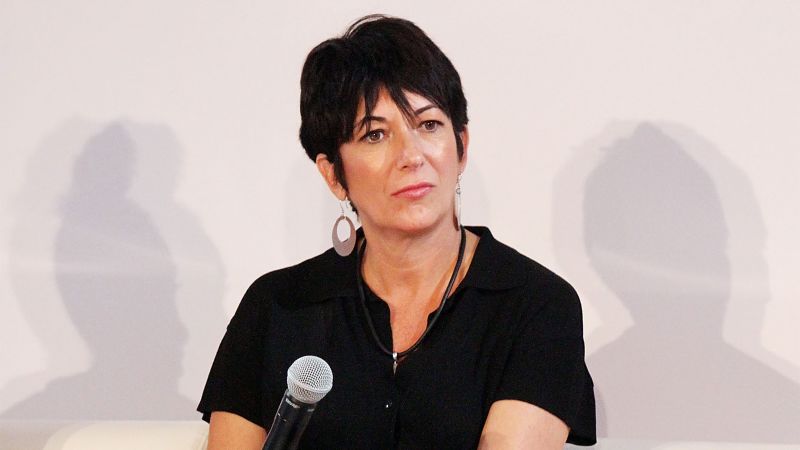Ghislaine Maxwell’s recent transfer to the Federal Prison Camp (FPC) in Bryan, Texas, has sparked notable tension among the inmate population in its minimum-security, all-female units. Her arrival coincides with ongoing political scrutiny surrounding Jeffrey Epstein’s notorious sex trafficking operation. While Maxwell’s attorney claims that her new location provides a safer environment, the implications of her presence have created an atmosphere of apprehension among fellow inmates.
Despite the fact that living conditions in Bryan are supposed to be less restrictive, it is important to note that Maxwell will not enjoy the privileges often granted to other inmates. These privileges might include access to programs such as canine training workshops and opportunities for work-release. Multiple sources familiar with the facility highlight that prison officials have advised inmates to exercise discretion when discussing Maxwell, emphasizing the unique challenges her high-profile status brings to the already delicate dynamics within the prison.
Prison consultant Sam Mangel characterized Maxwell’s situation by stating that she is “not making any friends” and is regarded as “radioactive” by the other women at the facility. Such sentiments underscore the palpable shift in the camp’s ambiance following her arrival. Historically, high-profile inmates tend to disrupt the routine and comfort sought by those serving less severe sentences, leading to a heightened sense of caution among the general inmate population who wish to avoid drawing attention to themselves.
The tension has been palpable enough that a commentary from an inmate named Julie Howell, expressing disgust at Maxwell’s transfer, resulted in her being removed from a puppy-training class and subsequently transferred to a different facility in Houston. Howell’s lawyer confirmed this information, highlighting how prison officials are keen to manage the repercussions of Maxwell’s arrival.
Within this environment, two inmates who were recently released from FPC Bryan revealed that they have not received updates on Maxwell’s adjustment or the specific unit she occupies. A former inmate named Jill Ford expressed concerns about Maxwell potentially affecting visitation times, as many incarcerated women at the camp frequently have children who come to visit. It remains uncertain what visitation rights Maxwell has, complicating her integration further.
Maxwell became notorious after being convicted in 2021 for sex trafficking minors and is now serving a 20-year prison sentence. The Justice Department’s decision to transfer her from the more secure Florida facility to Bryan has raised eyebrows, prompting scrutiny from several quarters, including Capitol Hill. Senator Sheldon Whitehouse voiced his concerns regarding the rationale behind her transfer, indicating a request for more detailed information regarding her treatment and designation within the Bureau of Prisons (BOP).
While Maxwell may benefit from a lower security designation at the Bryan facility, that does not guarantee her access to the numerous programs aimed at aiding inmate rehabilitation. Reports indicate that nothing suggests her eligibility for the various job and educational opportunities available at the camp, particularly since some programs actively exclude inmates with sex crime convictions from participation.
For instance, the ‘Canine Companions’ program, which pairs puppies with inmate handlers for training, has explicitly stated that Maxwell would not be permitted to enroll. According to Paige Mazzoni, CEO of the program, participants must not have committed crimes against animals or vulnerable populations, clarifying that this rule is in place to maintain the program’s integrity and purpose of providing care to the puppies.
Currently, the program at FPC Bryan has seven puppies under the care of 15 inmate handlers, ensuring that they develop foundational skills to serve individuals with disabilities. However, Maxwell hasn’t applied to join the program, and even if she were to consider it, her application would likely be denied due to her convictions.
Overall, while Maxwell may reside in a less restrictive environment, the uncertainty surrounding her integration into the Bryan prison camp raises significant concerns not only for her safety but also for the overall atmosphere among the inmates. With her presence, existing programs become strained, and her fellow inmates find themselves navigating a charged environment fueled by the notoriety attached to her high-profile case. As scrutiny continues, questions linger about the procedural integrity of such transfers and the treatment of inmates within the federal correctional system.











